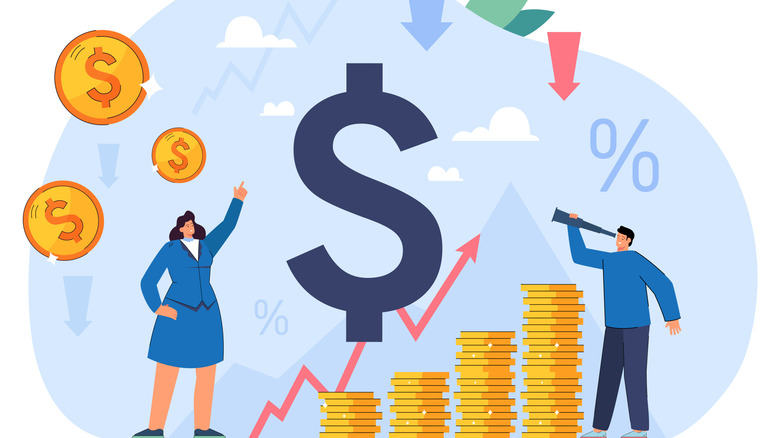Do This With Your Retirement Savings To Boost Your Net Worth
As you head toward retirement, you are hopefully putting aside money to support yourself once your earning years are behind you. There are steps you can take with your current efforts to ensure that you boost your net worth where it counts. Whether saving for retirement takes the form of a 401(k) plan (or a similar iteration like a 403(b) plan) or an IRA, the point is to sock money away so you can gradually build your retirement fund. According to research conducted by Pew, 51% of American workers fear not having enough money in retirement and 70% of those already retired regret not starting to save sooner, so it is important to secure your future by making smart moves now.
Data from the U.S. Census Bureau shows that the most popular type of retirement accounts in 2020 among working individuals ages 15-64 were 401(k) accounts and similar iterations such as 403(b), 503(b) and Thrift Savings Plans. According to these findings, a total of 34.6% of retirement plans fell into this category, suggesting that increasing contributions to these plans is a great way for Americans to boost their net worth through their retirement savings.
Maximize your contributions
If your participate in an employer-sponsored program at work, there's a good chance your employer matches your contributions. Like your personal contribution, which is taken out of your paycheck before taxes are levied, this match is not taxed until the funds are withdrawn from the account. Between your investment, your employer's contribution, and the earnings on your investment, over time your net worth will grow significantly, ideally to the point where you can use the money to support yourself in retirement living the lifestyle of your choice.
Although not all employers match their employee contributions, of the approximately 50% that do, the average match is 4.6%. Employees who aren't contributing at least as much as their employers are willing to match are essentially saying no to free money. From there, you can continue to increase your contributions (although the employer won't match beyond their established percentage), as long as you don't exceed the annual allowable amount, which is currently limited by the IRS to $23,000 for 401(k) plans. If you are using an IRA as your retirement savings plan (which employers don't contribute to), you should be depositing as much as possible, within the IRS limit of $7,000 for 2024. For those over the age of 50, the IRS allows additional catch-up contributions that you should take advantage of it possible, allowing an additional $7,500 in contributions to a 401(k) or similar plan.
Take an active role in managing your retirement plan
When it comes to your retirement savings, it's important to know where your money is, how much you've got, and how your investments are performing. However, you don't want to obsess over your account balance and your plan's performance, which, according to the experts at WiserAdvisor, is neither healthy nor a productive strategy and can lead to negative results like emotional distress and confusion, losing focus on your long-term results, and impulsive decision-making. Instead, you should keep in mind that retirement, and saving for it, is a long game that takes place (ideally) over the course of your entire career.
Set yourself a routine reminder to check on your account and its allocations to assess your progress and your plan's effectiveness so you can make changes as needed. WiserAdvisor recommends twice a year, but you should also check on it when you have a significant life event like marriage, divorce, parenthood, or a job change.
If you lack confidence in your investing skills, you're not alone and you shouldn't let that stop you from being involved in your portfolio. According to Statista, 35% of investors in 2022 enlisted the help of a financial adviser. Seeking the experience and expertise of these investment professionals is a great way to stay in control by working with someone who is armed with knowledge of the market and an understanding how it performs so they can make informed recommendations for when to make big moves.


